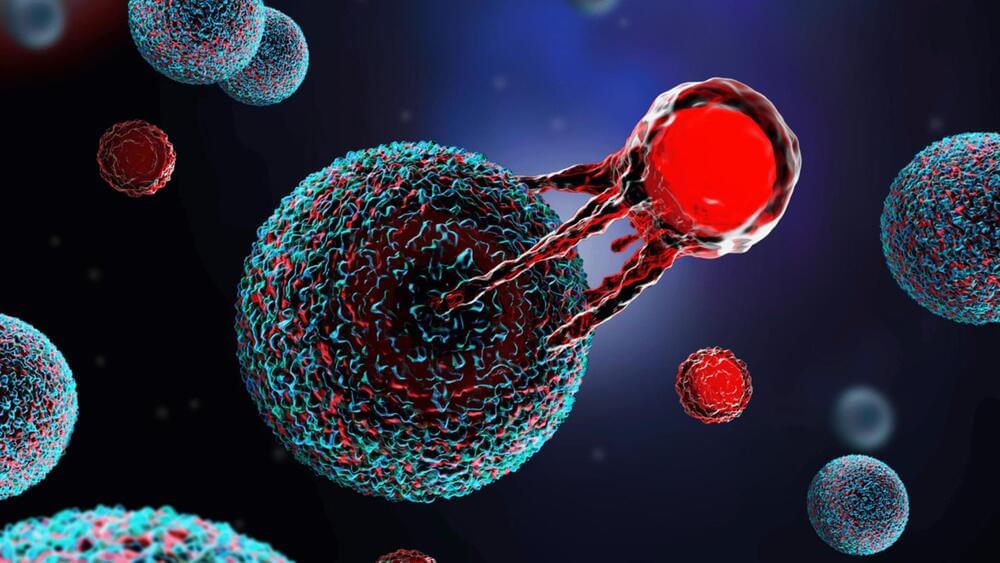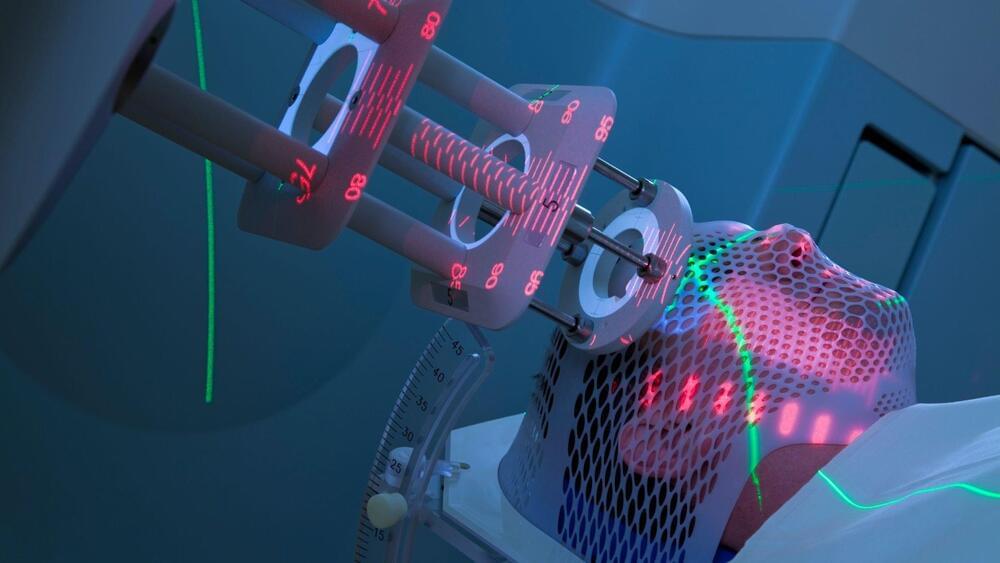They have found no signs of the event yet.
Deep in Italy’s Gran Sasso mountains, in the National Institute for Nuclear Physics’ (INFN) underground laboratories, researchers have been searching for proof of a very small violation of a fundamental quantum tenet called the Pauli exclusion principle, according to an article by Phys.org published on Monday.
The principle, that is applied to everything, dictates that electrons can only arrange themselves in certain specific ways in atoms. These arrangements make it so we are made of solid matter.









